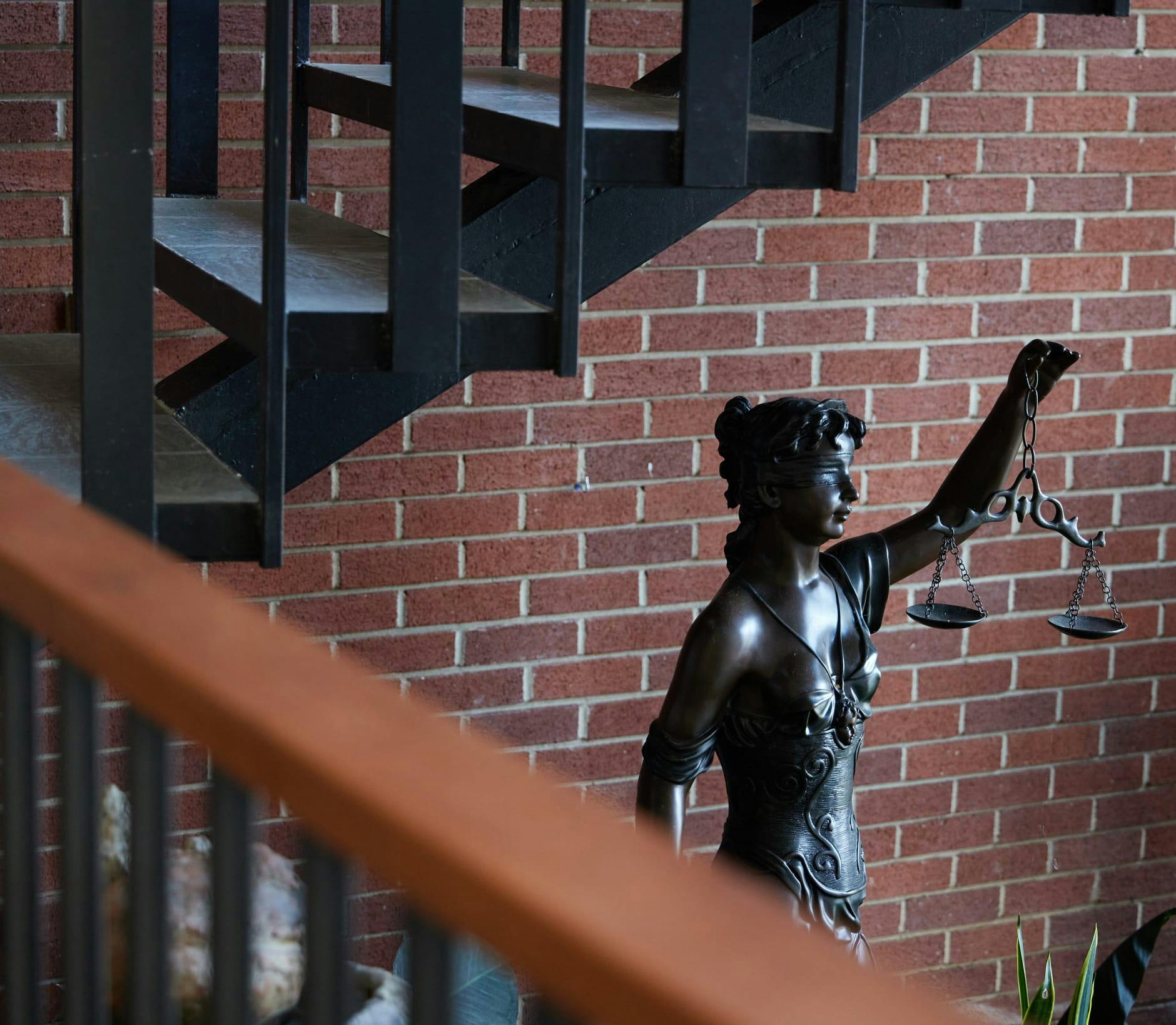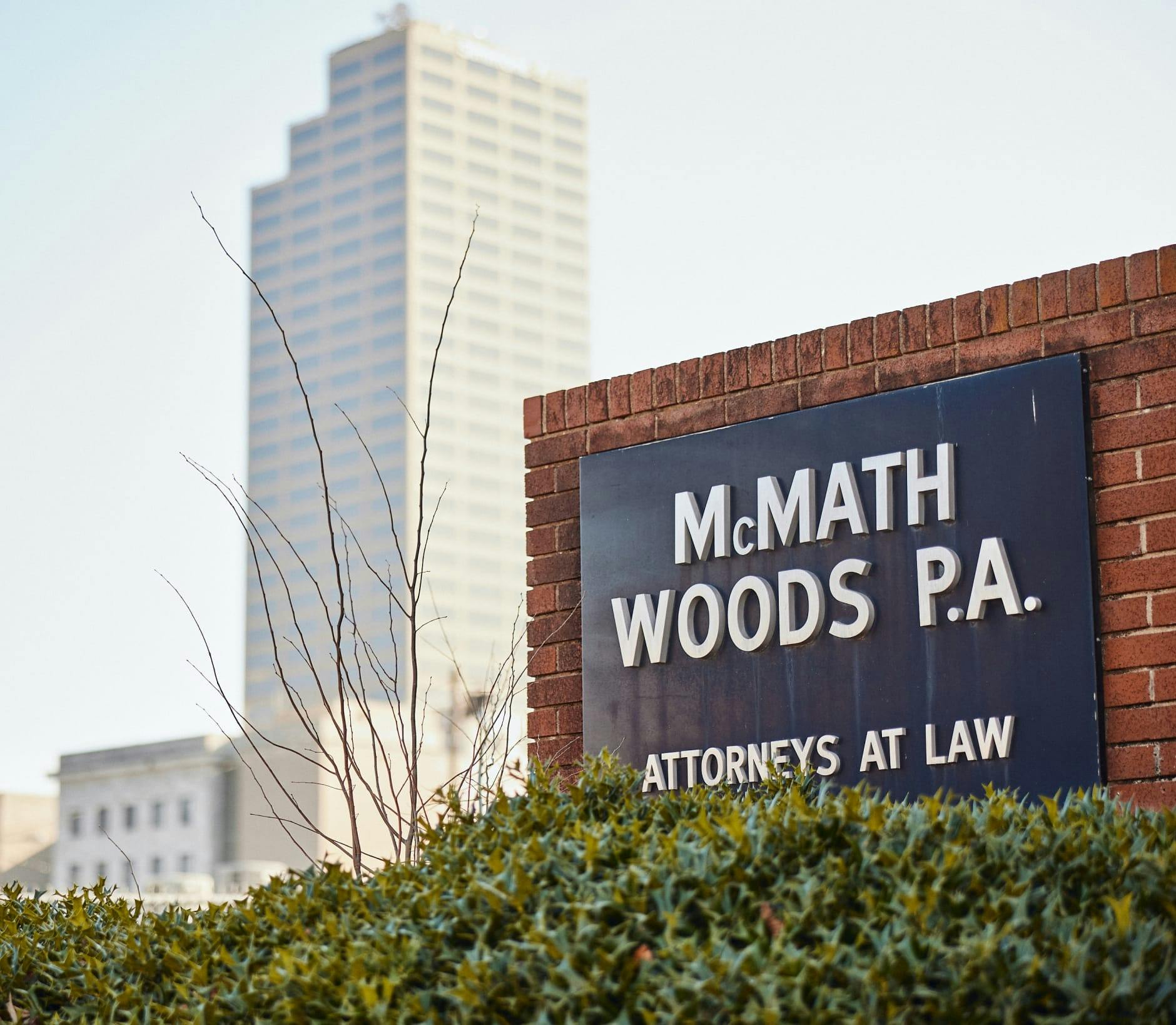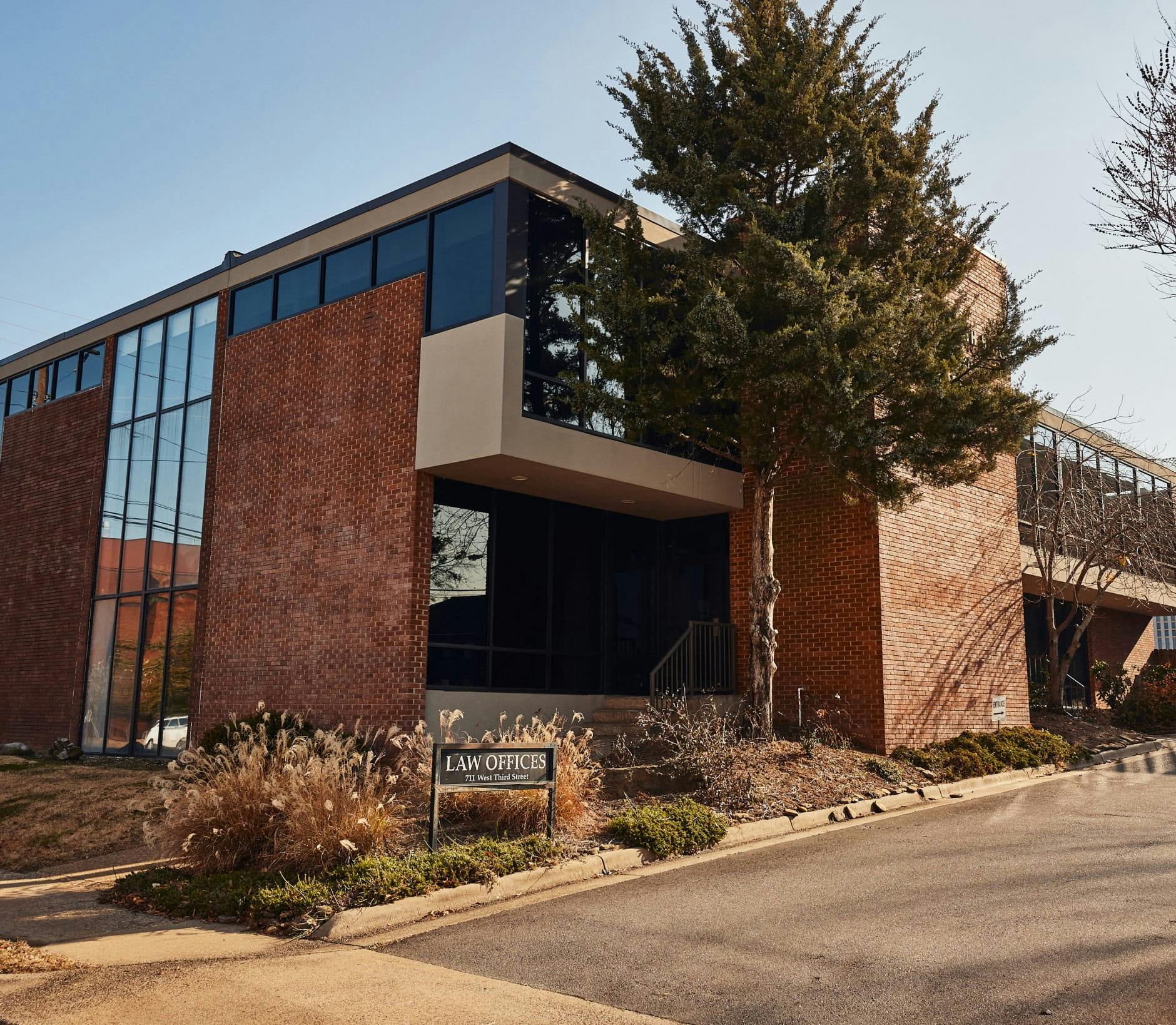At McMath Woods, we believe that victims of sexual abuse must never be silenced, and their voices must be heard. Those who have been sexually abused have the legal right to seek justice and compensation as part of the path to true healing. Holding an abuser accountable in a court of law is a vital step in the process of healing.
Types of Sexual Abuse
Sexual abuse can take many forms, some of which are listed here:
- Child Sexual Abuse: These crimes include any sexual activity involving a minor, such as fondling, molestation, rape, or other illegal action.
- Rape: This is non-consensual sexual intercourse which may involve acts of force, threats, intimidation, or coercion.
- Molestation: These actions include inappropriate sexual contact, such as touching or fondling a minor.
- Incest: Sexual activity performed by a parent, sibling, or other family member.
- Sexual Assault: This type of abuse includes actions such as rape, groping, or attempted rape.
- Sexual Harassment: When an individual is the victim of unwanted sexual advances, requests for sexual favors, or other types of verbal or physical harassment, it is abuse.
- Sexual Exploitation: These are actions involving taking advantage of another for sexual purposes, such as using the individual to create pornographic images or videos or sex trafficking.
- Online Sexual Abuse: Those who use the internet to engage in sexual abuse, such as “sextortion,” grooming, or other harmful actions, are committing sexual abuse.
- Sexual Battery: This is the illegal touching of another person’s body without their consent.
- Statutory Rape: These cases involve sexual activity with an individual who has not yet reached age 16, even if it is claimed that consent was given.
- Sexual Misconduct: A teacher, counselor, coach, therapist, doctor, member of the clergy, or other person in a position of authority who engages in sexual activity with those under their care is committing sexual abuse and must be held accountable.









